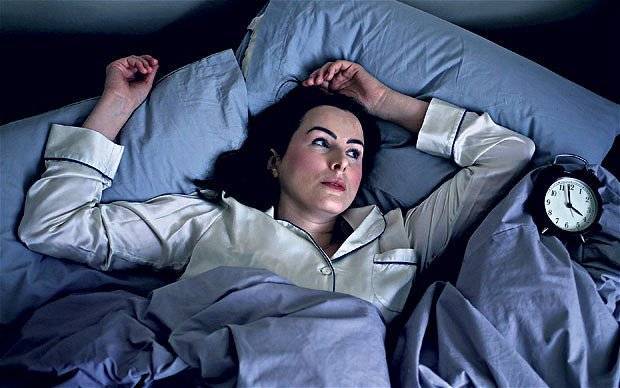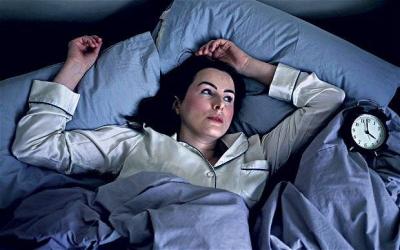A study conducted on insomnia and sleep problems revealed that women experience insomnia more than men after having children. It is no secret that childbirth can lead to sleep deprivation and insomnia throughout the night.
However, a new study found that mothers suffer more than anyone else when it comes to getting enough rest at night. The initial study, released by the "American Academy of Neurology," was conducted through a phone survey across Minnesota, which included 5,805 participants. Researchers asked participants about the duration of their usual sleep and how often they felt tired during the night. They also considered other factors beyond children, such as age, education, race, exercise habits, employment, marital status, body mass index, and income. Researchers found that the only consistent and significant factor influencing participants' sleep was related to having children. They discovered that 62% of women without children get at least seven hours of sleep per night, while only 48% of women with children achieved the same.
Furthermore, women with children reported feeling tired three more days each month than women without children. There were no changes in men's sleep habits regardless of whether they had children. Study author Kelly Sullivan, who holds a PhD from Georgia Southern University, stated: "Our study found that mothers not only do not get enough sleep and rest, but they also feel tired throughout the day more than men do. We want to emphasize that getting enough sleep is a crucial element of overall health and can impact the heart, mind, and weight. It is also essential to understand what prevents people from getting the rest they need so that we can help them work towards better health." Notably, Sullivan and her team found that each child in a family increases a woman's likelihood of getting less than six hours of sleep per night by about 50%.




